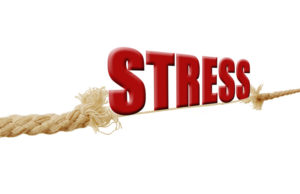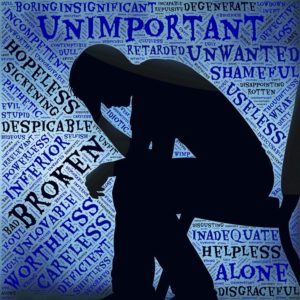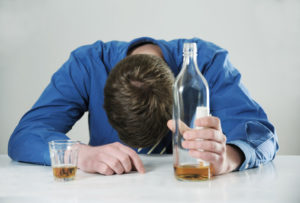
Posted by Val Cremanaru in Health Basics, Lifestyle, Mental Health
Some stress, caused by regular life challenges, is unavoidable. And while feeling nervous about a date, a work presentation or frustrated by an overprotecting parent or an obnoxious boss is not fun, nobody would compare it to the challenge that is depression, a serious illness.
Severe stress, however, is a different story. As anyone who has suffered chronic stress knows, with the resulting mood swings, sleeplessness, and low of self-esteem it can bring, the line between stress and depression can start to feel a little blurred.
So what is the difference, then?
Let’s start with Stress.
Stress is the feeling that you are under too much mental or emotional pressure. You feel overwhelmed. It is triggered by something in your life happening that feels too much for you personally to handle, stretching you coping capabilities, regardless of whether others can or can’t. This might be a work issue, dealing with relationship conflict, or debt problems.

Stress isn’t an illness or a disorder, but it can develop into one if it is left to become chronic.
While a little bit of stress is normal and can have positive results like getting you motivated for exams or taking useful risks in the workplace, too much stress over too long of a period can begin to negatively affect all parts of your life.

Common effects of stress are: Headaches, Muscle tension or pain, Chest pain, Fatigue, Change in sex drive, Stomach upset, Sleep problems, Drug/alcohol abuse, Anxiety, Restlessness, Lack of motivation or focus , Irritability or anger, Sadness or depression, Overeating or undereating, Angry outbursts, Tobacco use, Social withdrawal.
Now Depression. This is an entirely different beast.
Depression refers to an experience where you feel down most of the time which is called “low mood” and you have also lost interest in things you usually enjoy. You may also have changes in your sleep, appetite, feel guilty, demotivated and generally withdraw from others.

Depression exists in a social, psychological and biological context; that is depression is influenced by genetics, diseases, hormones, cognitive distortions, influences of family/workplace/friends, history and drug/alcohol use to name a few.
Depression is often based on old, repressed emotions that are making their way to the surface. As such, it rarely responds to logic. You can’t just ‘fix it’, or achieve or finish something that will make it go away. For example, if you moved to a new village and started feeling low, it is unlikely moving again will completely sort your depression.
Because of its irrationality, depression can often feel out of control. You might feel like you are acting like someone else altogether, unable to connect to people around you.
Depression tends to leave you feeling exhausted, even if you are sleeping (and often depression disrupts good sleep). It can feel like something is draining all your energy and like your head is filled with sand and you can’t think straight.
One if the biggest symptoms of depression is negative thinking, which can spiral into destructive thoughts if support is not sought.

What do stress and depression have in common?
How are stress and depression different?
Another interesting comparison was done by Dr.Christie Fleetwood, ND. If you overlay the symptoms of Stress and Major Depression Disorder (MDD) as outlined by DSM-5 (a handbook used by health care professionals in the mental health area as the authoritative guide to the diagnosis of mental disorders), you would notice that there are only 3 major differences:

If you think you suffer from Depression, please give us a call. We can help.